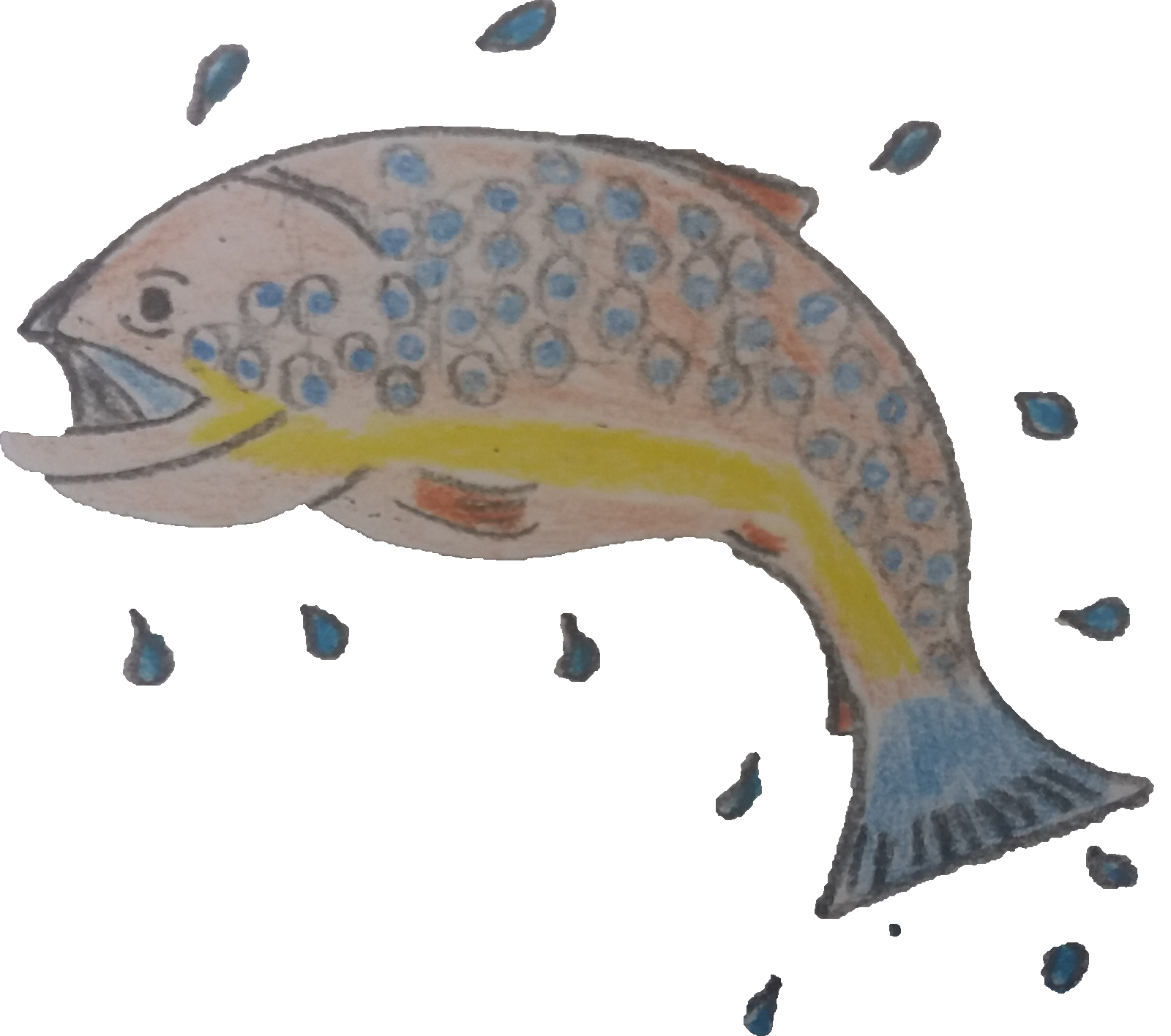Are you pro-science or anti-science? Anti-vaccine or pro-vaccine? Pro-wind turbines or anti-turbines?
In the era of 24-7 information overload, complex topics are being simplified to the point of meaninglessness. I may as well be asked if I think food, sex or football are good or bad… well it all depends, doesn’t it?
Everyone knows good football
If I had only ever watched Republic of Ireland soccer matches of the last few years, for example, I could well conclude that soccer is not that good ( I blame the management). As it happens however, I’ve watched a great deal of soccer, from many eras, so I know it can be wonderful or terrible depending on how it is done.
With football, high quality is perceived almost pre-intellectually and there are instances where it seems to be objectively good to all people who witness it. Entire stadia of supporters and opposition alike marvel collectively at strokes of genius on the pitch. Horrendous blunders are similarly universally acknowledged.
The genius exhibition of the former Barcelona soccer star Ronaldinho at the 2005 “El Classico” match at the Bernabéu stadium was such an example. He received a standing ovation from the fans of Barcelona’s most bitter rival Real Madrid after scoring twice to beat one of the most gifted sides ever assembled 3 – 0.

Ronaldinho getting a standing ovation from the fans of arch-rival club Real Madrid in 2005What made Ronaldinho so good? There are many players with natural talent and very many with the will to win, with speed, strength, accuracy and passion. Everyone can recognise in Ronaldinho however his sheer joy of playing. He was the model of a player playing for happiness. A player playing just to win would never have attempted half of Ronaldino’s outrageous moves for fear of losing, never mind try them often enough to perfect them and use them at the highest level with devastatingly good effect.
Safety first…
Most of the products of science and technology are more difficult to judge than football however. In particular the effects of new pharmaceutical products on our health normally require many years of testing before they can be regulated for general use. Even after passing this safety testing, products are sometimes recalled when unforeseen side-effects manifest themselves in the subject population. Vaccines are no different in this regard. Even the American Centre of Disease Control (CDC) – which promotes the use of vaccines – admits that there are risks associated with them, and has a catalogue of incidents where vaccines were recalled due to safety concerns.
With this knowledge, if I were asked if I were pro or anti-vaccine, I would reply that I am for the ones with a long track record of safety and efficacy, against the ones that have been recalled, and undecided about everything in between – including all of the Covid-19 vaccinations. Maybe they are all safe or maybe some of them will be recalled – how can I know? Or maybe some have side-effects in a minority but the overall efficacy and disease prevention potential outweigh the negatives. Either way I think everyone should have an informed choice, which is hard to have without normal long term safety studies.
Without expert inside knowledge I think it is very difficult for us as individuals to judge the efficacy and safety of even a normally developed medical product. It comes down to a matter of trust in the manufacturers, trust in those doing the safety testing and trust in the regulators.
Trustworthy motivations
Happiness is, I think, the ultimate aim of life for individuals and society, but you will never find a corporation sharing this supreme aim. Modern corporations in the capitalist system we find ourselves in will certainly consider the happiness of their employees, but their happiness, even if genuinely promoted, will be a strategy towards their ultimate aim, which is of course turning a profit for the shareholders.

Willie Wonka: The rare businessman who always put happiness first
Photograph: Everett Collection/Rex Feature Photograph: Everett Collection/Rex FeatureWolves minding sheep on the bog
It therefore may come as a surprise to learn that the same companies whose supreme aim is to sell a product are also the ones doing the bulk of the safety testing for it, with the regulators generally performing a kind of rubber stamping duty. This incongruence has become so commonplace that it needs some pointing at. An analogy in Ireland is the ongoing situation where large developments require an Environmental Impact Assessment Report (EIAR) as part of the planning application to the relevant county council, with the developer directly employing environmental assessment companies to write the report. Suffice it to say that there are no known instances in Ireland of the thus contracted EIAR writers ever finding that their employer’s proposed development should not go ahead on environmental grounds. Every risk can be mitigated it seems. The applications must still get the approval of the planning authorities, but they are often ill-equipped with the funding, expertise or real understanding of sustainability needed to judge them. With this setup there are instances of course where monumental planning errors get through the system, such as this landslide in Donegal, Ireland, where a wind farm was given planning for construction on a raised bog. I’m all for renewable energy, but even good things can be done badly. If the primary motive for development is profit, then the regulation needs to be very strong to prevent disaster.
Mitigate that: Bog-slide at wind farm construction site in Ireland, Nov 2020 credit: RTEBoeing pass safety test with flying colours
An extra step would be to give over aspects of actual safety certification to the developer/manufacturer as happened with the Boeing 737-Max.
As Boeing hustled in 2015 to catch up to Airbus and certify its new 737 MAX, Federal Aviation Administration (FAA) managers pushed the agency’s safety engineers to delegate safety assessments to Boeing itself, and to speedily approve the resulting analysis.
Flawed analysis, failed oversight: How Boeing, FAA certified the suspect 737 MAX flight control system. March 17, 2019. Dominic Gates, Seattle Times.
It turns out that there were several serious flaws in the original Boeing safety analysis for the 737 MAX and after two fatal crashes of the new plane within 5 months the Federal Aviation Authority (FAA) of the USA ordered the plane to be grounded, and somewhat belatedly took back control of safety testing from Boeing. The irony is that the malfunctioning component was a new safety feature that measured the plane’s angle of attack and automatically actuated the horizontal stabilisers to control pitch in the plane and prevent stalling. The malfunctioning and triggering of this safety feature at the wrong time seems to have caused the tragedies.

Ethiopian Airlines Boeing 737 MAX crash site in 2019 - photo credit India TimesThe story is familiar – rushed safety testing and regulation on a product worth lots of money.
Planes falling out of the sky is like bad football
Planes falling out of the sky is like bad football – everyone can identify it straight away and its undeniable. (Even so Boeing at the time tried to maintain that the pilots should have taken corrective action.) On the other hand faulty medicine can take years to manifest itself in the subject population, and even when adverse effects are evident, given the complexity of biology and the infinite factors involved, it can be very difficult to attribute the problem to a particular source, never mind to prove it scientifically.
As the pharmaceutical industry rushes towards a Covid-19 vaccine, and many governments including our own in Ireland are planning to put our health and safety in their hands, I find myself asking the following questions:
- What is the ultimate aim in life? Is it health, or safety, or wealth or love? Or are these just strategies towards happiness?
- Can science, when done well, tell us what is good and bad or just what is true and false?
- Do we need morals and values to direct scientific research? Or is it okay for the profit motive to direct it?
- Can corporate funded research be objective and truly immune from the aims of that business?
- Is conflict inevitable between groups with fundamentally opposing and mutually exclusive aims?
- When will we be able to dance together again?
More coming soon : )

Maith thú Paulie! Go hiontach ar fad. A lán smaointí agam faoí an tabhair seo faoí lathair agus ní mór dhuinn uile a bheith ag teagmháíl faoí seo.
Parcel beag ar an mbealach chugat.. sheol me cupla lá o shin é.. súil go dtiocfaidh sé agat.. níol ach ‘Béal átha’n Ghaorthaidh’ ar.. theip orm an chuid eile den seoladh a fháíl arís..
Beidh muid ag teagmháil go luaidh a chara,
Slán agus beannacht x
Go raibh míle Róisín : ) ag tnuth go mór buaileadh leat go luath más féidir linn : )